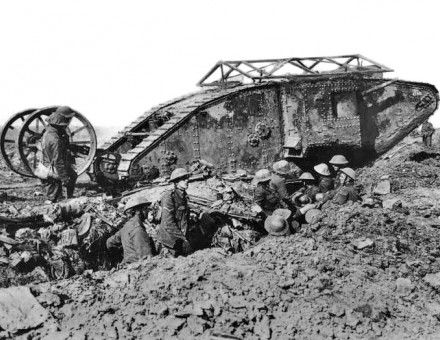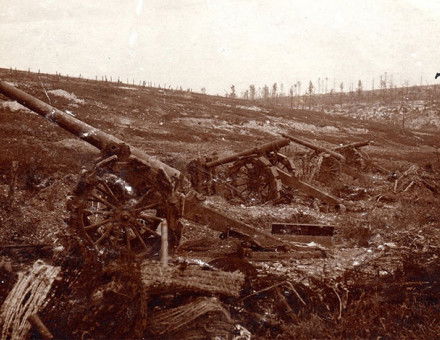Bury, Spengler and the New Spenglerians
“There is no analogy,” wrote Bury, “between the development of a society and the life of an individual man.” Martin Braun describes how Spengler, Toynbee, Sorokin and others have sought to controvert him by arguing the case for the “Senescence of the West.”





